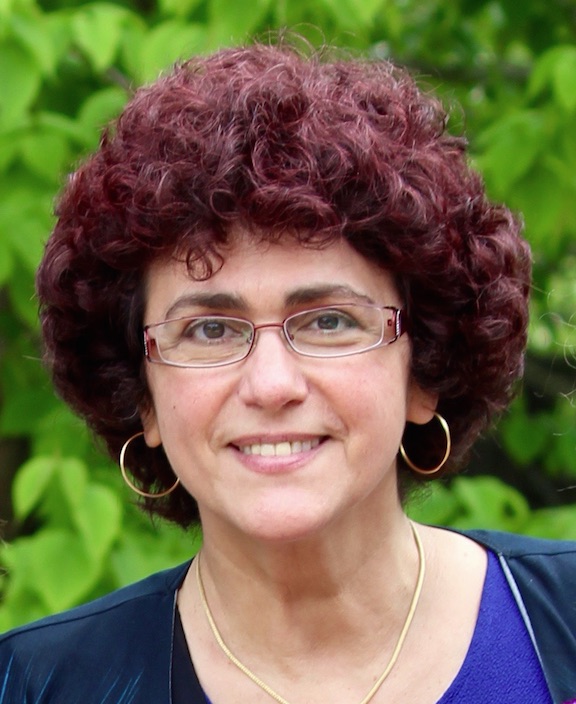



Simon Fraser University, Canada

On interplay between research, mathematics and pedagogy
Teacher educators' work juxtaposes mathematics and pedagogy, often seeking engagements for prospective teachers in which a task with a pedagogical flavor is used in an attempt to help teachers extend their understanding of underlying mathematics. Teaching mathematics undoubtedly relies on students' prior knowledge. However, a mathematics teacher, who meets students on a daily basis, has a general sense of her students' prior knowledge. This is often based on a prescribed curriculum sequence, as well as familiarity with students from a previous week or a previous lesson. For a mathematics teacher educator, whose goal is to extend prospective secondary school teachers' understanding of mathematics, the task is more taxing. This is especially evident in post-bachelor's degree secondary teacher education programs, where students come from different educational and mathematical backgrounds, often from different countries. How can a teacher educator get a "scan" of the group's knowledge of a mathematical topic in order to plan for, or adjust, subsequent instruction?
I will address this question with several illustrative examples. It will describe pedagogical tasks that unveil mathematical knowledge of prospective teachers and demonstrate how subsequent instructional choices build upon and expand this knowledge, highlighting links between tertiary and school mathematics.
Rina Zazkis is a Professor of Mathematics Education at the Faculty of Education and associate member in the Department of Mathematics at the Simon Fraser University, Canada, where she has been employed since 1991. Her research is in the area of undergraduate mathematics education, with a general focus on mathematical content knowledge of teachers and the ways in which this knowledge is acquired and modified. In 2016 Zazkis was appointed as Tier 1 Canada Research Chair, a prestigious recognition of excellence in research and research training.